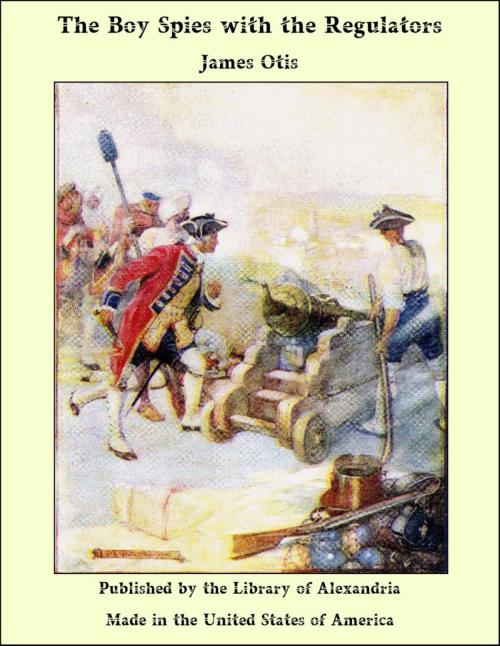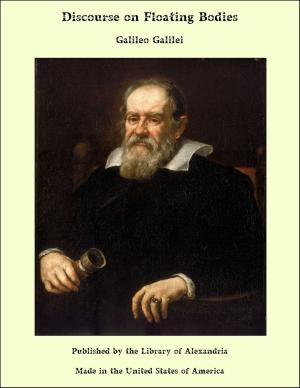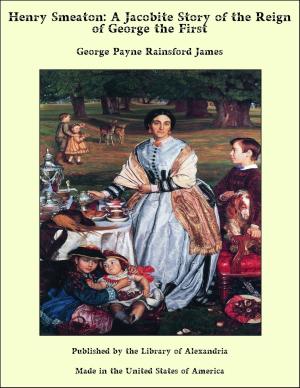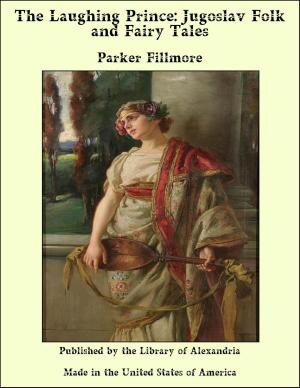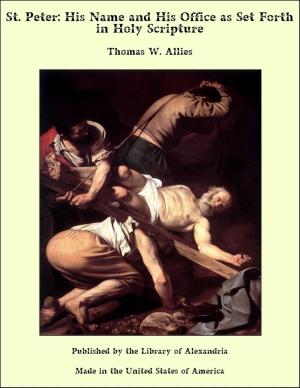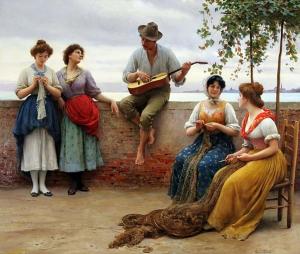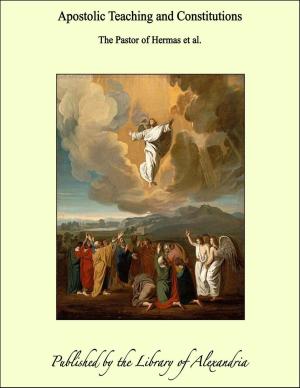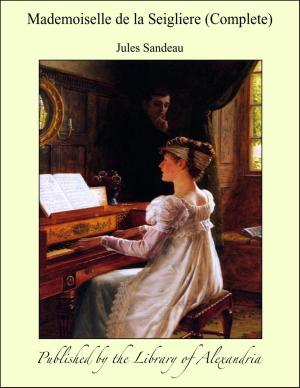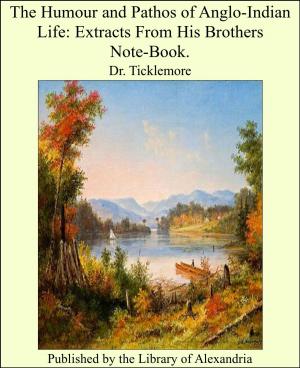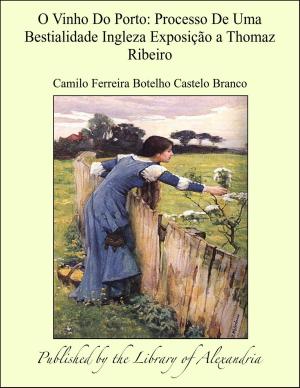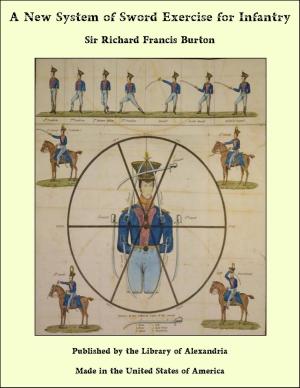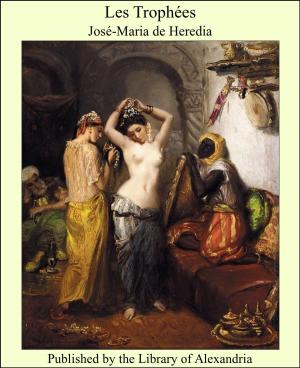The Boy Spies with the Regulators
Nonfiction, Religion & Spirituality, New Age, History, Fiction & Literature| Author: | James Otis Kaler | ISBN: | 9781465585431 |
| Publisher: | Library of Alexandria | Publication: | March 8, 2015 |
| Imprint: | Language: | English |
| Author: | James Otis Kaler |
| ISBN: | 9781465585431 |
| Publisher: | Library of Alexandria |
| Publication: | March 8, 2015 |
| Imprint: | |
| Language: | English |
It is not for one like me to make any pretense at trying to fashion a scholar's story out of the poor efforts of Sidney Hubbard, and myself, Clare Butler, to second the brave work of those noble men who, by enduring countless hardships and sparing not their own blood, finally rid the Carolinas of those leeches who claimed to be the king's servants—Governor William Tryon, Edmund Fanning and others of like brood. I count to set down on these pages such an account as I may be able to give concerning what we of the Carolinas did in those dark days eight years before the first patriot blood was shed at Lexington, and this task is to be performed simply that my descendants may, by reading our story, use their utmost efforts to preserve the fair country which has cost their forefathers so much of blood, anguish and bodily suffering. To begin, Sidney Hubbard is my first cousin, his mother and mine being sisters. We lived, in 1768, on the Alamance, near where, later, was fought what may rightly be termed the first battle in the struggle of the colonies for independence. Our fathers were humble farmers, with a scanty store of this world's goods, and continually ground down by those whom the king had set in authority over us, chief among which may be reckoned the Irishman Tryon, and Fanning, who was born on Long Island, if I remember rightly. I cannot set down in my own words a picture of the Carolinas at the time when Sidney Hubbard and I were come sixteen years of age, therefore, in order that all the conditions of public affairs may be fully understood, I shall copy here what was written many years later by one who may justly style himself a historian: "The passage of the Stamp Act produced great uneasiness in the public mind in North Carolina, as well as in the other provinces. Already the extortions of public officers in the exactions of fees for legal services had greatly irritated the people, and they regarded the requirements of the Stamp Act as a more gigantic scheme for legal plunder.... William Tryon had been acting governor and commander-in-chief of the province from the death of Governor Dobbs, April 1st, 1765, and now began his career of misrule in America. He was appointed governor toward the close of the year. This was the same Tryon, afterward governor of New York, haughty, innately cruel, fond of show, obsequious when wishing favors, and tyrannical when independent; he was entirely incompetent to govern a people like the free, outspoken colonists of the Upper Carolinas.
It is not for one like me to make any pretense at trying to fashion a scholar's story out of the poor efforts of Sidney Hubbard, and myself, Clare Butler, to second the brave work of those noble men who, by enduring countless hardships and sparing not their own blood, finally rid the Carolinas of those leeches who claimed to be the king's servants—Governor William Tryon, Edmund Fanning and others of like brood. I count to set down on these pages such an account as I may be able to give concerning what we of the Carolinas did in those dark days eight years before the first patriot blood was shed at Lexington, and this task is to be performed simply that my descendants may, by reading our story, use their utmost efforts to preserve the fair country which has cost their forefathers so much of blood, anguish and bodily suffering. To begin, Sidney Hubbard is my first cousin, his mother and mine being sisters. We lived, in 1768, on the Alamance, near where, later, was fought what may rightly be termed the first battle in the struggle of the colonies for independence. Our fathers were humble farmers, with a scanty store of this world's goods, and continually ground down by those whom the king had set in authority over us, chief among which may be reckoned the Irishman Tryon, and Fanning, who was born on Long Island, if I remember rightly. I cannot set down in my own words a picture of the Carolinas at the time when Sidney Hubbard and I were come sixteen years of age, therefore, in order that all the conditions of public affairs may be fully understood, I shall copy here what was written many years later by one who may justly style himself a historian: "The passage of the Stamp Act produced great uneasiness in the public mind in North Carolina, as well as in the other provinces. Already the extortions of public officers in the exactions of fees for legal services had greatly irritated the people, and they regarded the requirements of the Stamp Act as a more gigantic scheme for legal plunder.... William Tryon had been acting governor and commander-in-chief of the province from the death of Governor Dobbs, April 1st, 1765, and now began his career of misrule in America. He was appointed governor toward the close of the year. This was the same Tryon, afterward governor of New York, haughty, innately cruel, fond of show, obsequious when wishing favors, and tyrannical when independent; he was entirely incompetent to govern a people like the free, outspoken colonists of the Upper Carolinas.
